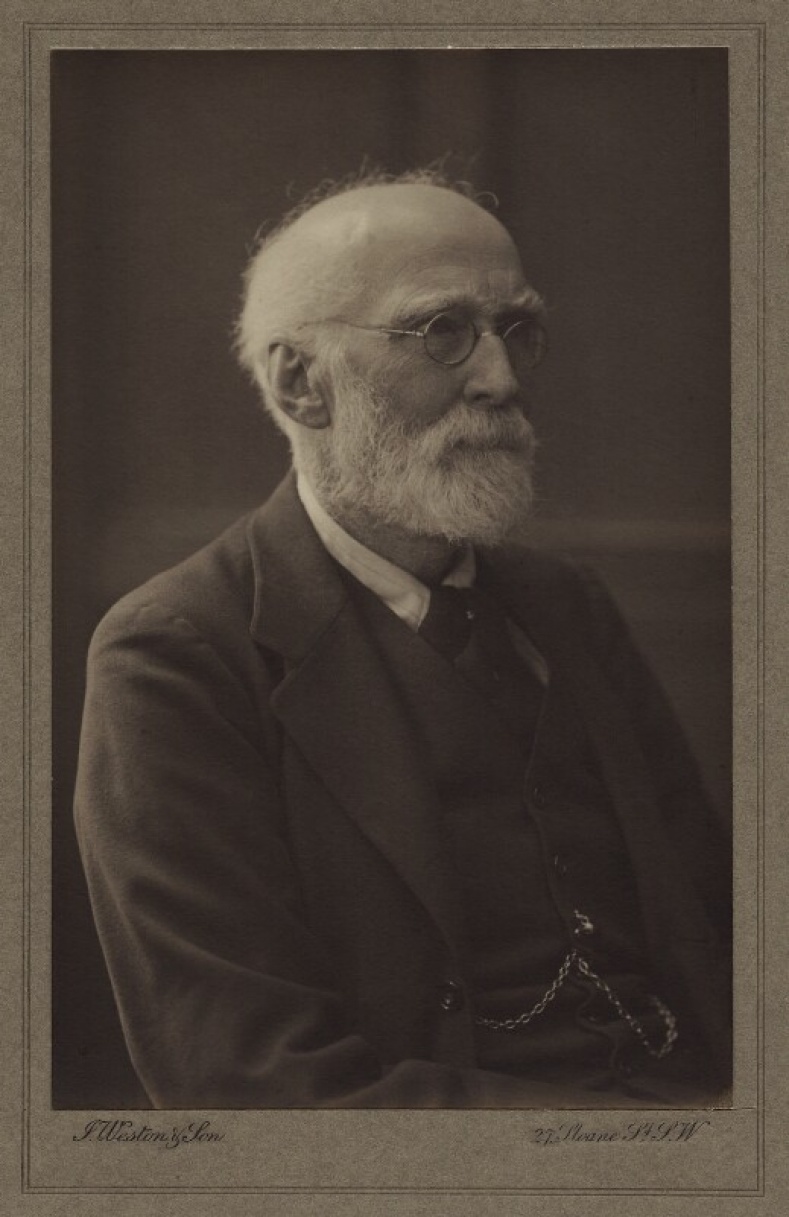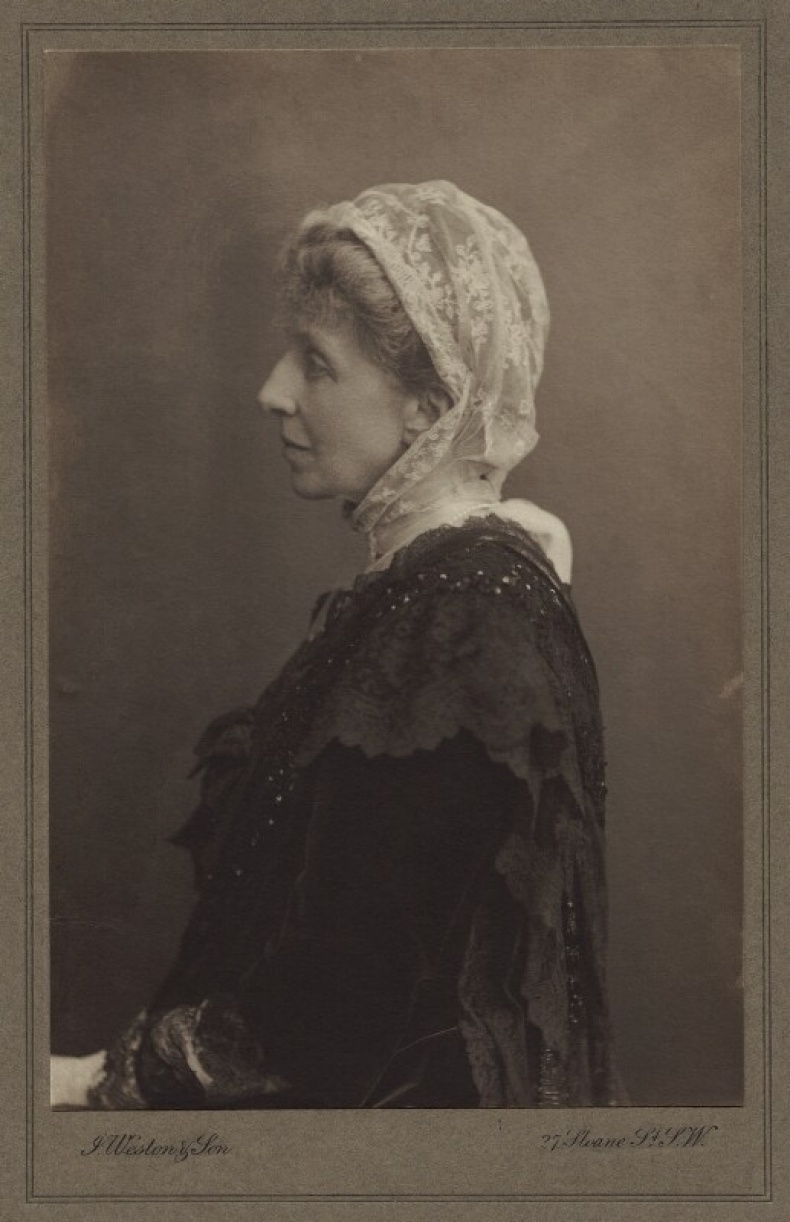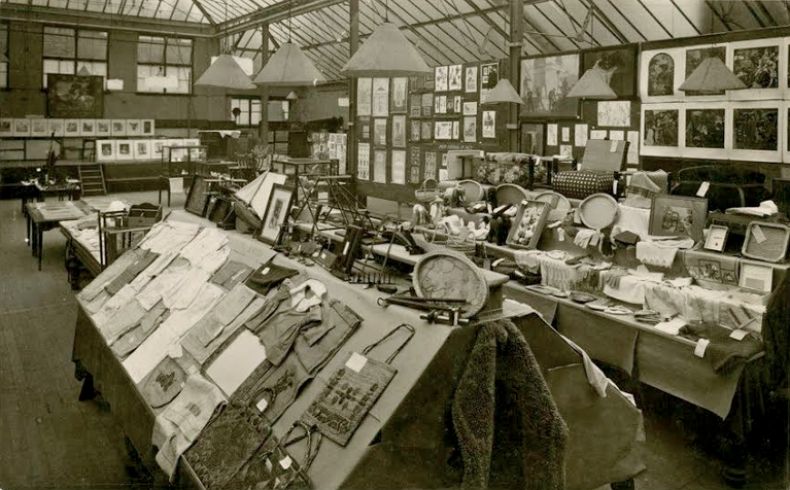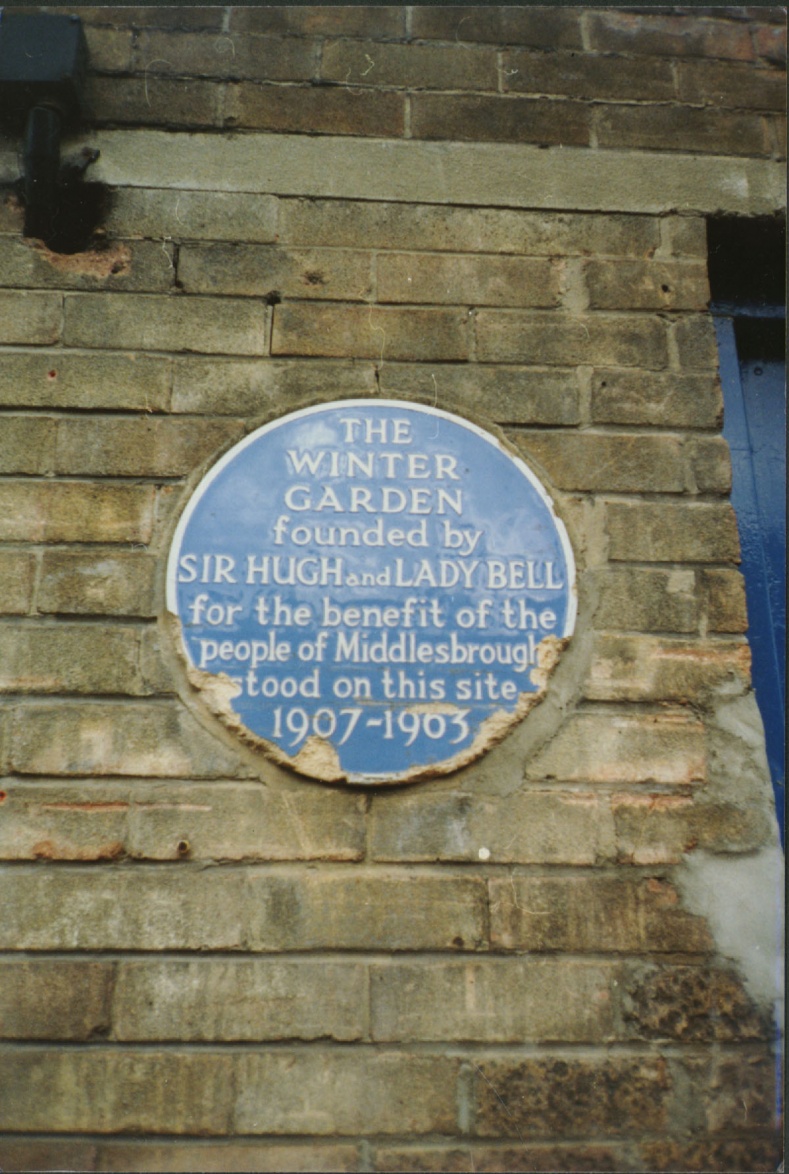



Bell, Sir Thomas “Hugh”
1844-1931
Industrialist
Thomas “Hugh” Bell, son of Sir Isaac Lowthian Bell, was a director of Bell Brothers, a large steel manufacturer based on Teesside. Bell had extensive business interests. Along with his father, he was a director of North Eastern Railways, which operated over 5,000 miles of track, primarily in the North of England. He was also a director of chemical company Brunner, Mond and Co., a manufacturer of alkali and soda crystals for the domestic and international markets.
He began his career at the family's Ironworks at Walker. He was then made the director of the family's other large factory, the steelworks at Middlesbrough. He remained a director of the business until the firm was taken over by its competitor Dorman Long in 1902. Throughout his long career, he was renowned for a paternalistic stance towards his employees, ensuring they were fairly paid and cared for.
He was a member of the Senate of the University of Durham, which gave him its hon. D.C.L. and he was hon. LL.D. of Leeds and Sheffield. He was also elected Chairman of the Council of Armstrong College in Newcastle in 1911. He became one of the Tees Conservancy Commissioners since 1875 and served as High Sheriff of Durham in 1895. Like his father he was active in Liberal politics, standing twice unsuccessfully for parliament in 1892 and 1910.
He paid for the construction of a school in Middlesbrough which was named in his honour, the Hugh Bell School, built in 1892, which survived until demolition in the 1970s to make way for Teesside Magistrates’ Court. In 1907, together with his social reformer wife, Lady Florence Bell, he helped found Middlesbrough Winter Gardens for the benefit of the people of Middlesbrough. The idea was to provide an attractive place for recreation and non-alcoholic refreshment for working people, drawing them away from the numerous pubs in the town which were seen to encourage drunkenness and debauchery. The Bells gave the land and paid for the construction of buildings, as well as £100 per annum towards the running costs, which was a third of the total annual subscriptions. In its first six months, the Winter Gardens attracted 146,122 visitors. Hugh left £5,000 in his will to support the gardens in perpetuity. However, its popularity dwindled after the Second World War and its doors closed in 1963.
Bell also gave half the land for Middlesbrough Central Library, which opened in 1912. The other half was given by the local food retailer Amos Hinton (1844 – 1919). He also subscribed to help found Armstrong College. The Sir Hugh and Lady Bell trust still exists and is presently run by Sir John Bell, the 5th baronet and his wife, Lady Venetia Bell. They make a modest number of grants from the family home at Arncliffe Hall near Osmotherley, on the North West edge of the North York Moors National Park. Sir Hugh was a kind and widely respected man and the final line of his obituary, published in The Times, sums up the regard in which he was held. It reads: “It is such men, of real greatness and human sympathy, whose memory lingers with fragrance in the hearts of those they leave behind”.
References
Graces Guide – Hugh Bell. Available here (Accessed 20/08/2018).
Howell, G. (2008). Gertrude Bell: Queen of the Desert, Shaper of Nations. London: Farrar, Straus and Giroux.
Llyod, C. (2015). A winter’s tale in Middlesbrough, Available here (accessed 12/08/2018).
Sir Hugh Bell: A Great Victorian. The Times, Obituary, 30 June, 1931.
Warwick, T. (2010). Middlesbrough's Steel Magnates: Business, Culture and Participation, 1880-1934, PhD Thesis, Huddersfield: University of Huddersfield
Wikipedia. (2018). Available here (Accessed 13/08/2018).